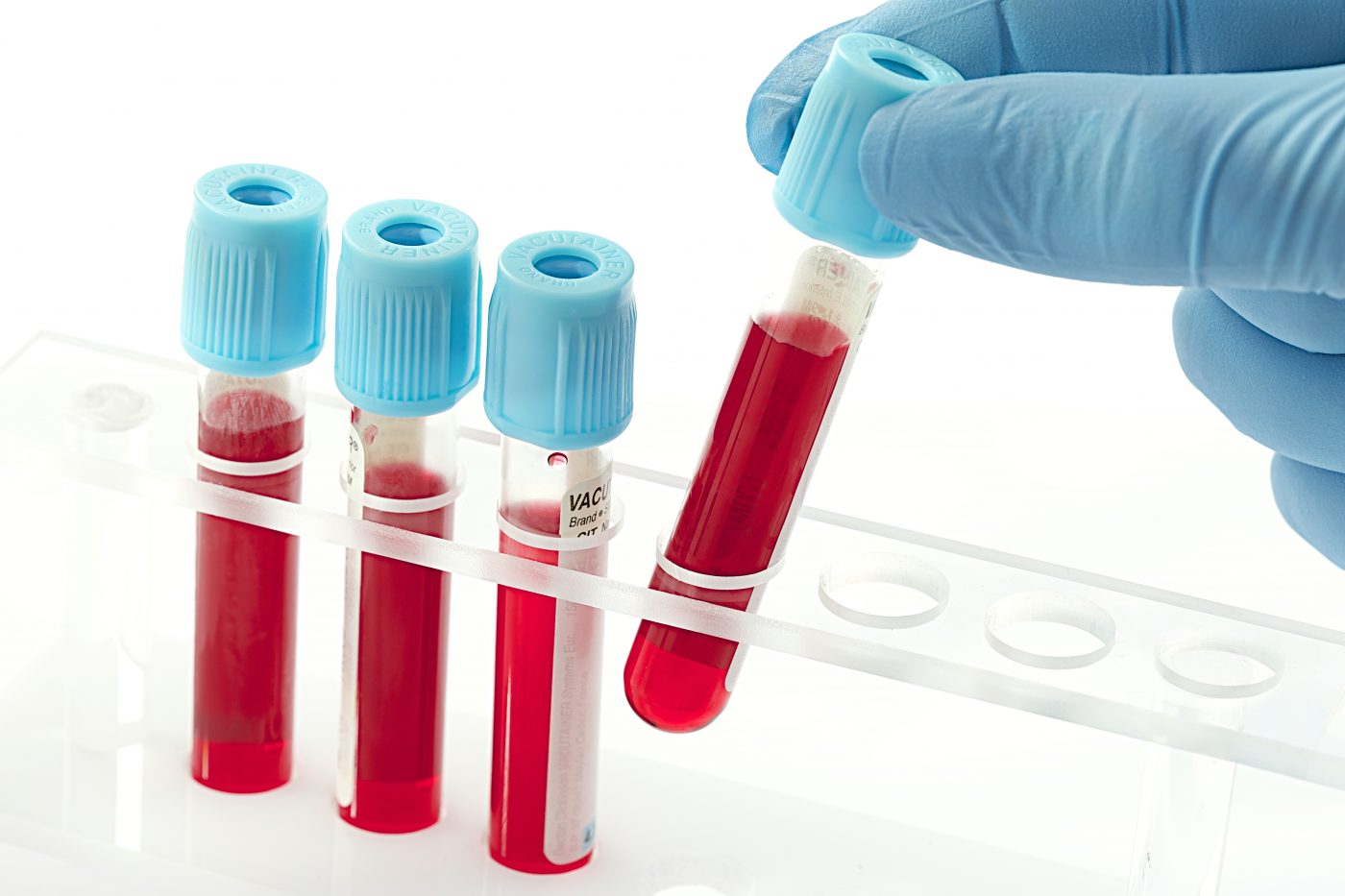Rubella Immunity Lowers Over Time in Vaccinated Adolescents with Lupus, Study Finds
Written by |

Vaccinated patients with highly active systemic lupus erythematosus seem to lose their immunity levels over time, a study in rubella-vaccinated adolescents suggests.
The study, “Risk factors associated with accelerated rubella-IgG antibody loss in previously vaccinated, treatment-naïve juvenile Systemic Lupus Erythematosus patients: a prospective study,” was published in the journal Arthritis & Rheumatology.
Patients with SLE are at risk for infections, including those that are preventable by vaccines, due to the alterations in their immune system and the immunosuppressive treatments they receive.
SLE particularly affects women of childbearing age. Rubella infection during pregnancy is associated with severe neonatal complications, including miscarriage, congenital rubella syndrome, and neonatal death. As a result, knowing the immune status against rubella in at-risk SLE patients is important.
Researchers from the National and Kapodistrian University of Athens in Greece looked to address this, focusing their study on previously vaccinated adolescents with juvenile SLE (jSLE). They also wanted to find potential factors affecting antibody levels.
In total, the study included 21 newly diagnosed girls with jSLE, with a mean age of 11.6 years. All of them had had two doses of the live attenuated MMR — measles, mumps, and rubella — vaccine in early childhood. No patients had underlying immunodeficiency, a blood transfusion within the previous six months, or prior treatment with immunomodulatory therapies.
Seroprotection — a positive, protective response to vaccination — and levels of rubella antibodies were determined at enrollment and at one and three years after treatment.
Results revealed that while patients remained protected from rubella infection at all times, the amount of antibodies against the virus significantly decreased over time, from 39.1 IU/ml at diagnosis to 29.9 IU/mL at one year and 26.2 IU/mL at three years.
No patients showed low total antibody levels or renal insufficiency.
High SLE disease activity — assessed with the SLE disease activity index, or SLEDAI — and low levels of the complement protein C4 — a common SLE marker — were associated with lower rubella antibody concentrations at diagnosis and at 12 months.
Findings further revealed that skin involvement and persistent lymphopenia and leukopenia — having abnormally low blood levels of lymphocytes or leukocytes (white blood cells), respectively — at one year directly correlated to lower rubella antibody concentrations.
“In conclusion, high disease activity strongly correlated with accelerated antibody loss,” the investigators wrote, adding that lower antibody levels may be due to SLE, its activity, or medications.
They also noted that although more studies are needed to assess long-term immunity induced by vaccinations in children with autoimmune diseases, “close monitoring of the immunization status against vaccine-preventable diseases in this group of patients is advised.”
The team cautioned that the small number of patients precluded finding differences among the different treatment groups.




